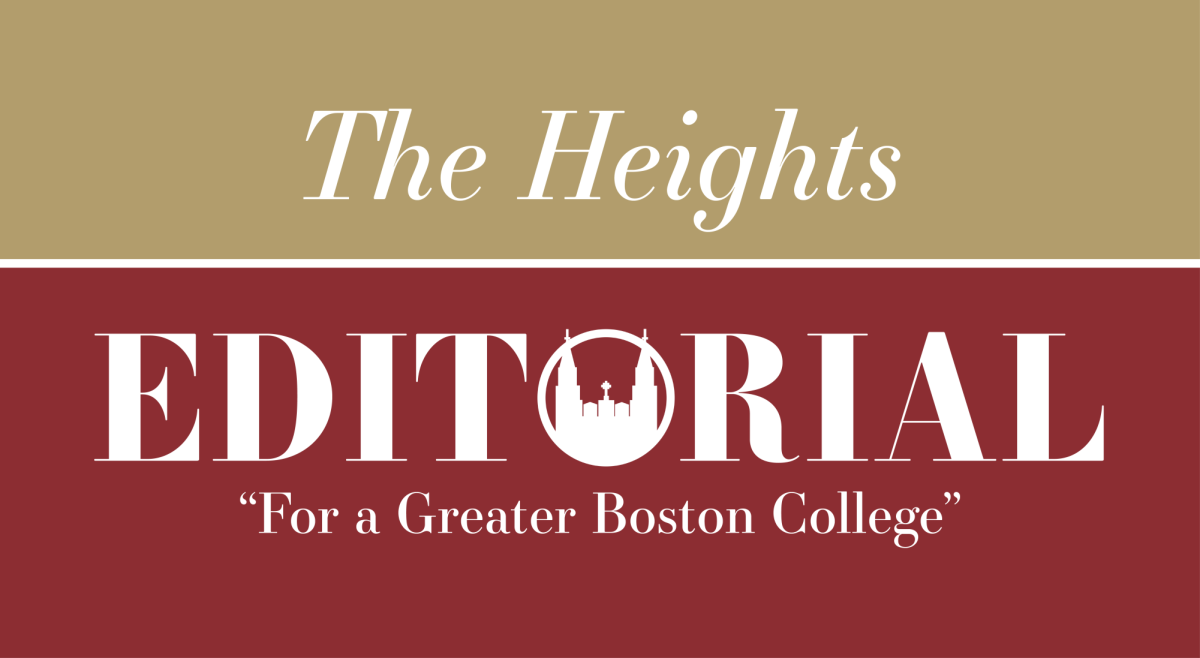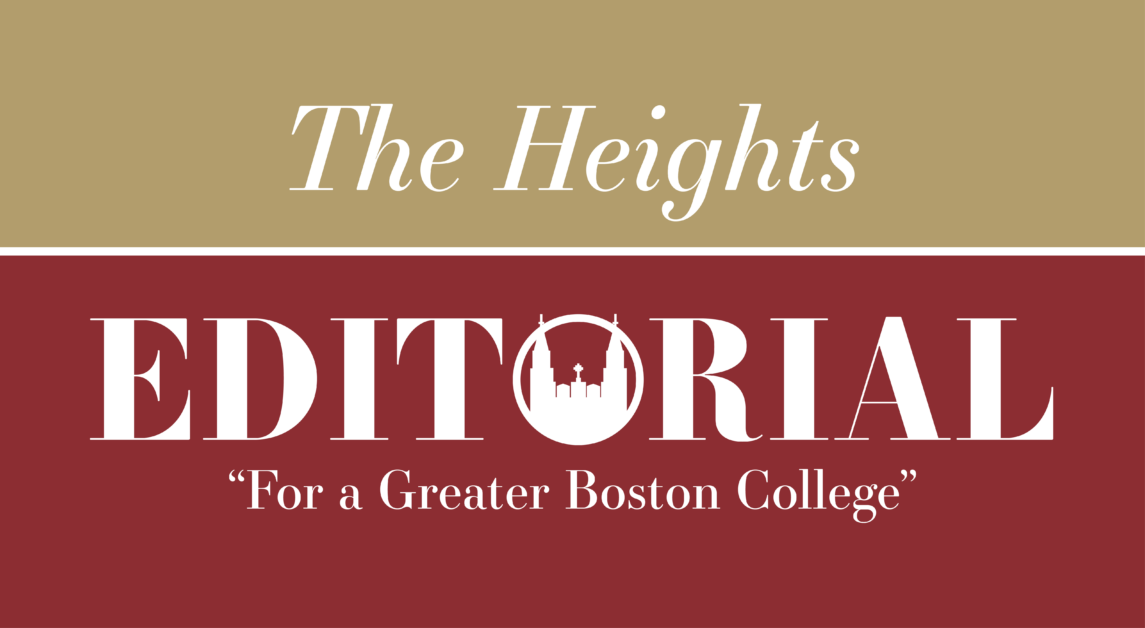Despite a relatively steep decline in the number of applications received for the Class of 2017, the decision to add a supplementary essay was, and remains, both commendable and strategic in an effort to attract students with deeper interest in the University. Although the decreased number of applications also raises the acceptance rate-a highly weighted factor in U.S. News and World Report‘s annual list of top-100 national universities-the office of undergraduate admission, led by Director John L. Mahoney, should be applauded for the effort to increase the yield, and for not employing cheap tactics to decrease the acceptance rate.
Since the addition of the supplemental essay, the yield (or the percentage of admitted students who enroll) has risen, and the admission office anticipates another increase from the incoming Class of 2018. An enhanced yield not only reflects well on the quality of academics and prospective students’ perception of the University, but also on the efforts the admission office has implemented to screen out less interested applicants.
With increasingly high admitted-student test scores, the supplemental essay has also proven its effectiveness in attracting students with more initiative while retaining applicants with equally high measures of academic performance. Although the decreased number of applicants may affect the University’s acceptance rate in the short-term-and thus its position in some rankings of U.S. colleges and universities-BC’s long-term focus on engaging interested students as opposed to rejecting as many applicants as possible reflects a sustainable and effective approach for attracting high-quality students.











